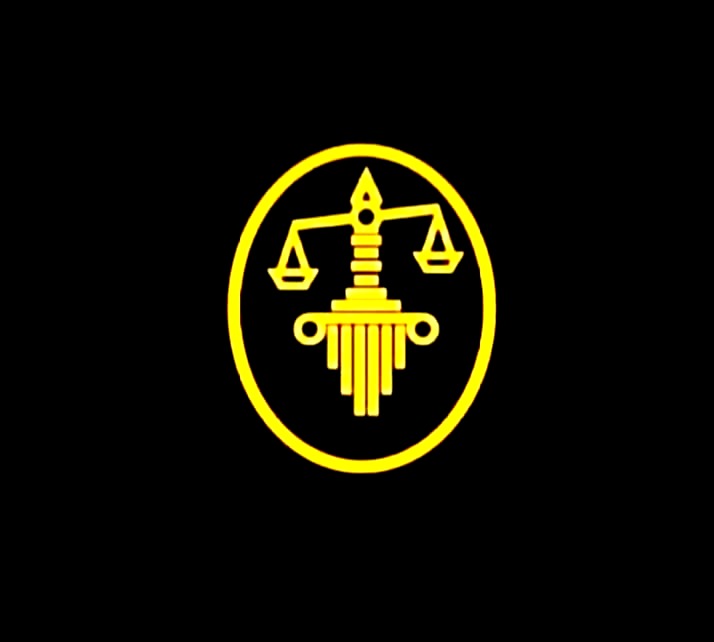The Scope of Judicial Review in Public Administrative Decisions: A Case Analysis.
- Lawpointuganda

- Oct 21, 2023
- 3 min read

Introduction
In a recent case, the High Court sitting in Kampala-Uganda presided over by Justice Boniface Wamala had the opportunity to reiterate the principles governing judicial review in administrative decisions. The case, ALEX NYIKA & NELSON YIGA VS. THE COMMISSIONER LAND REGISTRATION MISCELLANEOUS CAUSE NO. 0259 OF 2022, has significant implications for the legal framework surrounding judicial review. The Core Principles of Judicial Review
Justice Wamala's ruling underscored the central tenets of judicial review. According to his judgment, judicial review focuses not on the outcome of an administrative decision but rather on the process by which the decision is made. It operates as a supervisory mechanism to ensure that public authorities exercise their powers in compliance with the fundamental principles of legality, fairness, and rationality.
The Jurisdiction of Judicial Review
The case reiterates that judicial review is not an appellate process but an oversight mechanism. The Court exercises its jurisdiction to ensure that public bodies or officials act within their statutory boundaries and adhere to due process.
To be amenable to judicial review, two key conditions must be satisfied: First, the entity under scrutiny must be a public body subject to judicial control, and second, the matter under consideration should involve public law principles rather than the enforcement of private law rights.
Public Law Matters and Amenable Jurisdiction
Justice Wamala clarified that the presence of public law matters is a prerequisite for judicial review. The case before the Court involved a public body, the Commissioner of Land Registration, and concerns relevant to the management of land registration and their implications for the public at large. This clearly raised public law issues, rendering the matter amenable to judicial review.
Grounds for Judicial Review
The ruling goes on to specify that judicial review can be granted when the decision-making body or officer fails to adhere to due process, leading to unfair and unjust treatment. The onus is on the applicant to demonstrate, on a balance of probabilities, that due process was not followed, resulting in unjust treatment that could affect others.
The Ground of Illegality (Ultra Vires Conduct)
Justice Wamala extensively addressed the concept of illegality in the context of judicial review.
He noted that illegality occurs when a decision-making authority commits a legal error during the decision-making process. This includes acting beyond its jurisdiction or contrary to the law's provisions. In cases involving discretionary powers, those powers must be exercised reasonably and in good faith.
In the case at hand, the applicants argued that the Commissioner of Land Registration's decision to cancel their certificates of title was tainted with illegality and procedural impropriety. The Court found that the decision was indeed illegal because it fell outside the Commissioner's powers granted under the Land Act and the Registration of Titles Act. This highlighted the importance of following statutory boundaries in administrative decisions.
Allegations of Procedural Impropriety
The judgment also delved into the concept of procedural impropriety, which relates to a failure to observe the basic rules of natural justice and procedural fairness. The Court emphasized that natural justice requires a fair hearing, unbiased decision-making, and compliance with procedural legitimate expectations.
The applicants argued that they were not afforded an opportunity to respond to the complaint regarding their land. The Court found that the notice requirements under the Land Act were not met, constituting a breach of the applicant's right to be heard and treated fairly. This case serves as a reminder that procedural fairness is a fundamental aspect of administrative decisions.
Conclusion
The case of ALEX NYIKA & NELSON YIGA VS. THE COMMISSIONER LAND REGISTRATION provides a comprehensive overview of the principles of judicial review and their application in administrative decisions. It underscores the importance of adherence to statutory boundaries and due process in the exercise of public powers.
This ruling serves as a valuable precedent for the legal community and reinforces the foundational principles of judicial review in Uganda's legal landscape. Find the full case on ulii.org👇🏻 https://ulii.org/akn/ug/judgment/ughccd/2023/312/eng@2023-10-19
For more details on this ruling and its implications, please consult with legal experts or refer to the court's official documents
[Note: This legal alert is provided for informational purposes only and should not be construed as legal advice.]





.jpg)

Comments